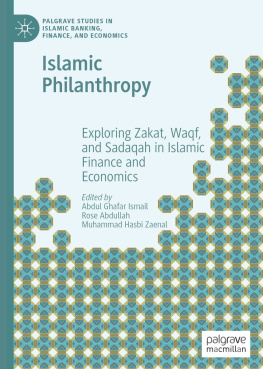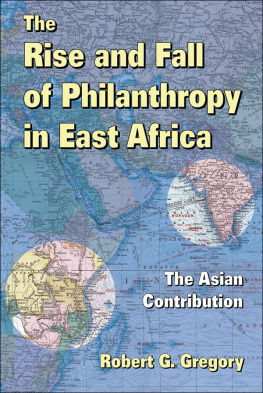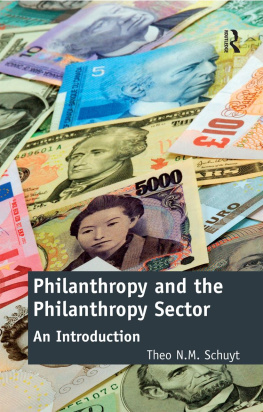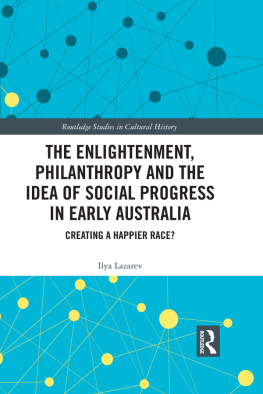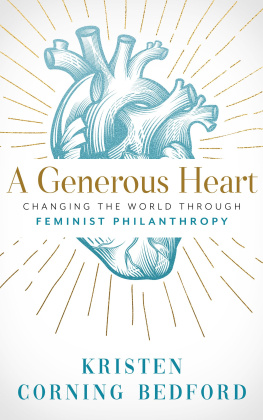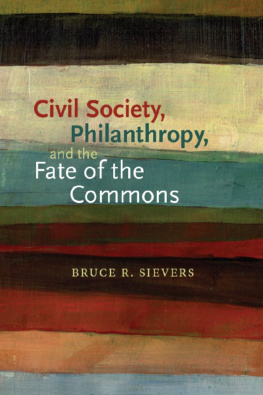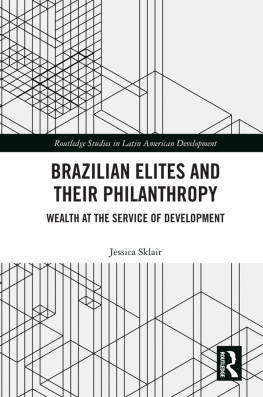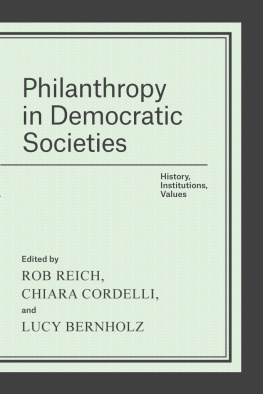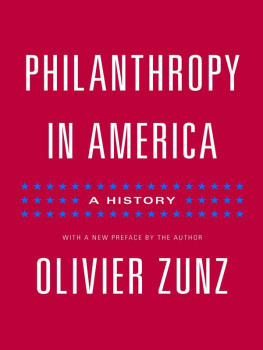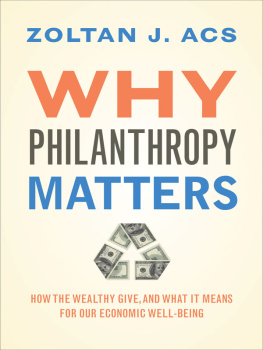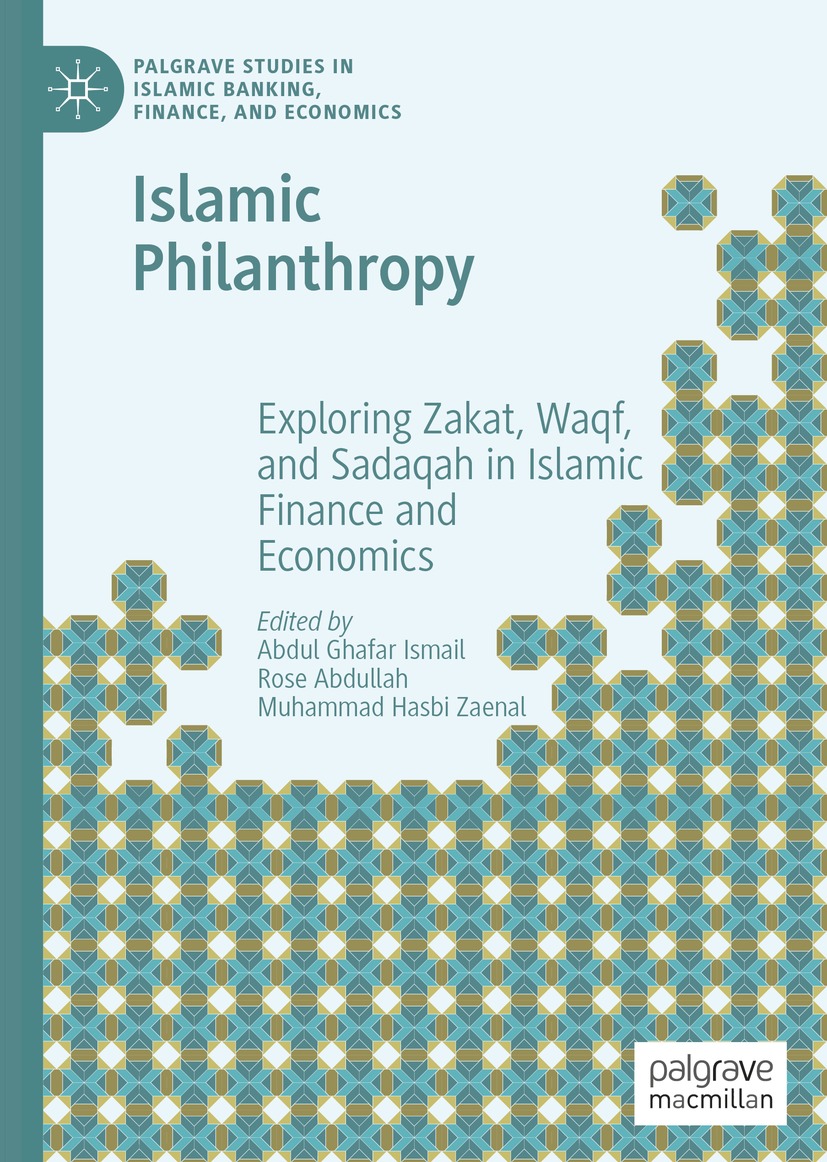Palgrave Studies in Islamic Banking, Finance, and Economics
Series Editors
Mehmet Asutay
Business School, Durham University, Durham, UK
Zamir Iqbal
Islamic Development Bank, Jeddah, Saudi Arabia
Jahangir Sultan
Bentley University, Boston, MA, USA
The aim of this series is to explore the various disciplines and sub-disciplines of Islamic banking, finance and economics through the lens of theoretical, practical, and empirical research. Monographs and edited collections in this series will focus on key developments in the Islamic financial industry as well as relevant contributions made to moral economy, innovations in instruments, regulatory and supervisory issues, risk management, insurance, and asset management. The scope of these books will set this series apart from the competition by offering in-depth critical analyses of conceptual, institutional, operational, and instrumental aspects of this emerging field. This series is expected to attract focused theoretical studies, in-depth surveys of current practices, trends, and standards, and cutting-edge empirical research.
Editors
Abdul Ghafar Ismail , Rose Abdullah and Muhammad Hasbi Zaenal
Islamic Philanthropy
Exploring Zakat, Waqf, and Sadaqah in Islamic Finance and Economics
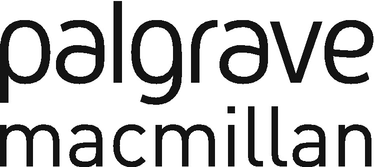
The Palgrave Macmillan logo.
Editors
Abdul Ghafar Ismail
Putra Business School, Universiti Putra Malaysia, Seri Kembangan, Malaysia
Rose Abdullah
Universiti Islam Sultan Sharif Ali, Bandar Seri Begawan, Brunei Darussalam
Muhammad Hasbi Zaenal
Universitas Islam Negeri Syarif Hidayatullah, Jakarta, Indonesia
ISSN 2662-5121 e-ISSN 2662-513X
Palgrave Studies in Islamic Banking, Finance, and Economics
ISBN 978-3-031-06889-8 e-ISBN 978-3-031-06890-4
https://doi.org/10.1007/978-3-031-06890-4
The Editor(s) (if applicable) and The Author(s), under exclusive license to Springer Nature Switzerland AG 2022
This work is subject to copyright. All rights are solely and exclusively licensed by the Publisher, whether the whole or part of the material is concerned, specifically the rights of translation, reprinting, reuse of illustrations, recitation, broadcasting, reproduction on microfilms or in any other physical way, and transmission or information storage and retrieval, electronic adaptation, computer software, or by similar or dissimilar methodology now known or hereafter developed.
The use of general descriptive names, registered names, trademarks, service marks, etc. in this publication does not imply, even in the absence of a specific statement, that such names are exempt from the relevant protective laws and regulations and therefore free for general use.
The publisher, the authors, and the editors are safe to assume that the advice and information in this book are believed to be true and accurate at the date of publication. Neither the publisher nor the authors or the editors give a warranty, expressed or implied, with respect to the material contained herein or for any errors or omissions that may have been made. The publisher remains neutral with regard to jurisdictional claims in published maps and institutional affiliations.
This Palgrave Macmillan imprint is published by the registered company Springer Nature Switzerland AG
The registered company address is: Gewerbestrasse 11, 6330 Cham, Switzerland
Foreword
Philanthropy literally means love of mankind, useful to man. Over time, the definition of philanthropy evolved from personal activities to an action-oriented economic objective to encompass, for example, a group of people whose love for others compel them to donate their cherished resources to the needy. Thus, philanthropy is a wholehearted resource giving for the benefit of humankind. To champion this noble cause, individuals have established their own permanent philanthropic organizations in the form of foundations. Notable philanthropic organizations such as Yayasan Sultan Haji Hassanal Bolkiah, Kuwait Awqaf Public Foundation, and Islamic Relief Malaysia have made a tremendous impact on the human family, although many of us could be considered philanthropists in a modest way.
It is worth emphasizing that the concept of Islamic philanthropy is not new, for Islamic philanthropy emphasizes the importance of philanthropic tools and institutions. The philanthropic tools such zakat, waqf, and sadaqah are used to provide basic social safety nets for the marginalized segments of society. At this juncture, the effectiveness of intermediary philanthropic institutions such as Baitulmal, which mediates between donors and recipients, is crucial. As intermediaries, they serve as collectors and distributors (as amil) or managers (nazir) of donations. To avoid misuse of donations in addition to preventing donor fatigue, Baitulmal as an example manages the collection and generation of usufructs from donations to provide prudent services to both donors and recipients.
It is in the light of this that a book of this kind that aids in understanding Islamic philanthropy is timely for several reasons. First, Islamic philanthropy is a humanitarian aid for the needy, whether they are a group of people, a community, or a country. Islamic philanthropic outreach is encompassing because it is not limited to refugees and internally displaced people but also extends to healthy food aid, conducive sheltering, health facilities and health care, quality water aid, place of worship, education, and much more. Second, Islamic philanthropy is one of the centerpieces for the development of the ummah. Third, philanthropy was exemplified by the Prophet Muhammad (peace be upon Him) and His companions. Fourth, the ongoing Islamic economic revival is partly attributed to Islamic philanthropy.
I believe that Islamic philanthropic programs or activities provide ideal comfort for the needy, the distressed, or less fortunate people. Indeed, Islamic philanthropism hallmarks the sincere giving of the haves to the have-nots. Therefore, Universiti Islam Sultan Sharif Ali in collaboration with our partners at Islamic Development Bank and International Islamic University College of Selangor organized a seminar on Islamic philanthropy. I would like to take this opportunity to congratulate the editors of this important book for publishing it in a timely manner regardless of the multitude of challenges they encountered. Finally, I would like to extend my deepest gratitude to those who contributed and offered their support to this publication initiative.
Haji Norarfan bin Haji Zainal
May 2022
Preface
Humanitarian Aid
The United Nations (UN) via the Office for the Coordination of Humanitarian Affairs (OCHA) guided by the four humanitarian principles of humanity, neutrality, impartiality, and independence, has been central to mobilizing and coordinating humanitarian action as well as establishing and maintaining access to affected people, whether caught in a natural disaster or a complex emergency, such as armed conflict.
The global humanitarian system has become dangerously overstretched by the new crises in the Middle East and Africa and continuing unresolved conflicts in Afghanistan, the Democratic Republic of the Congo, Somalia, and Syria.

